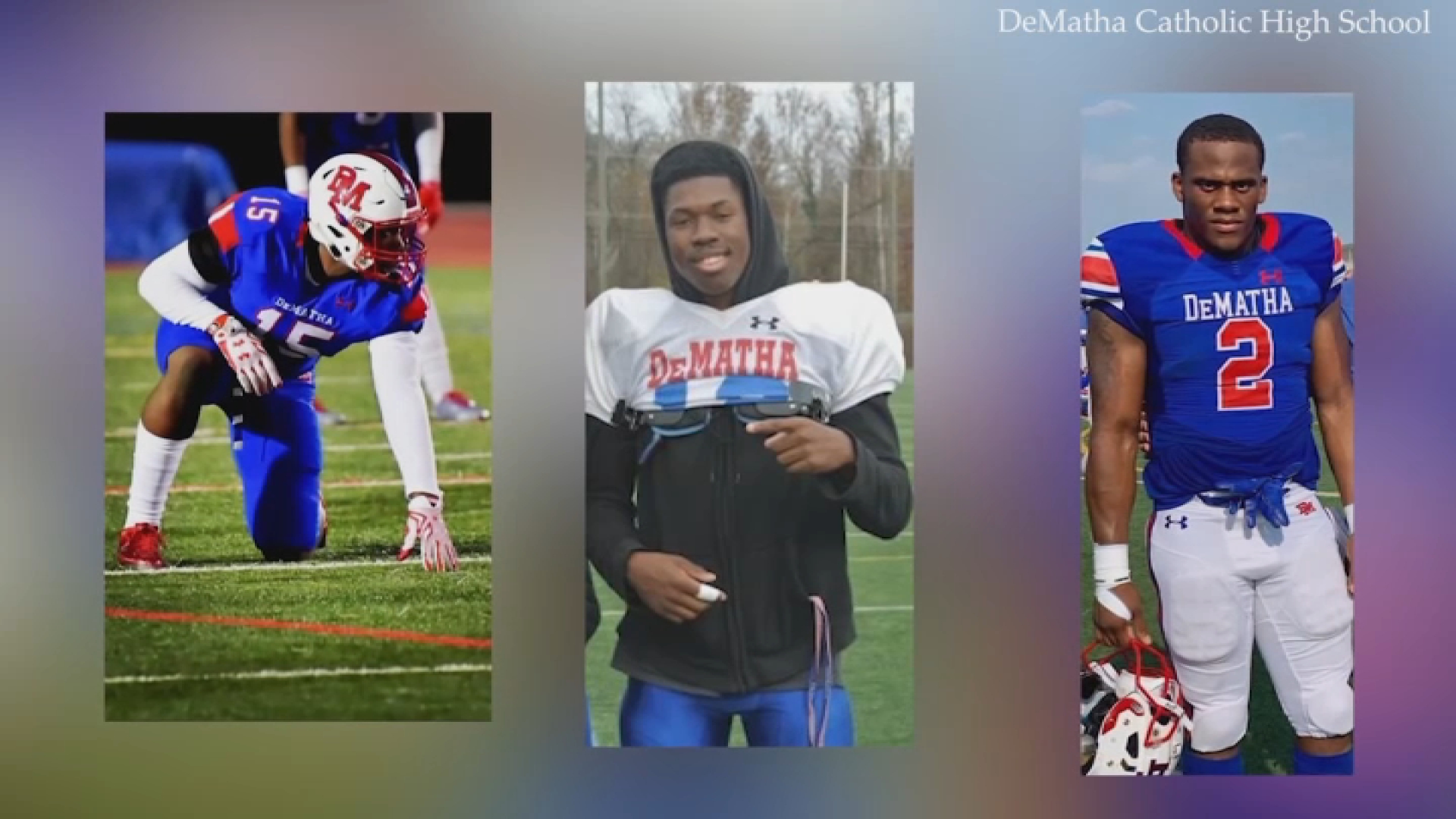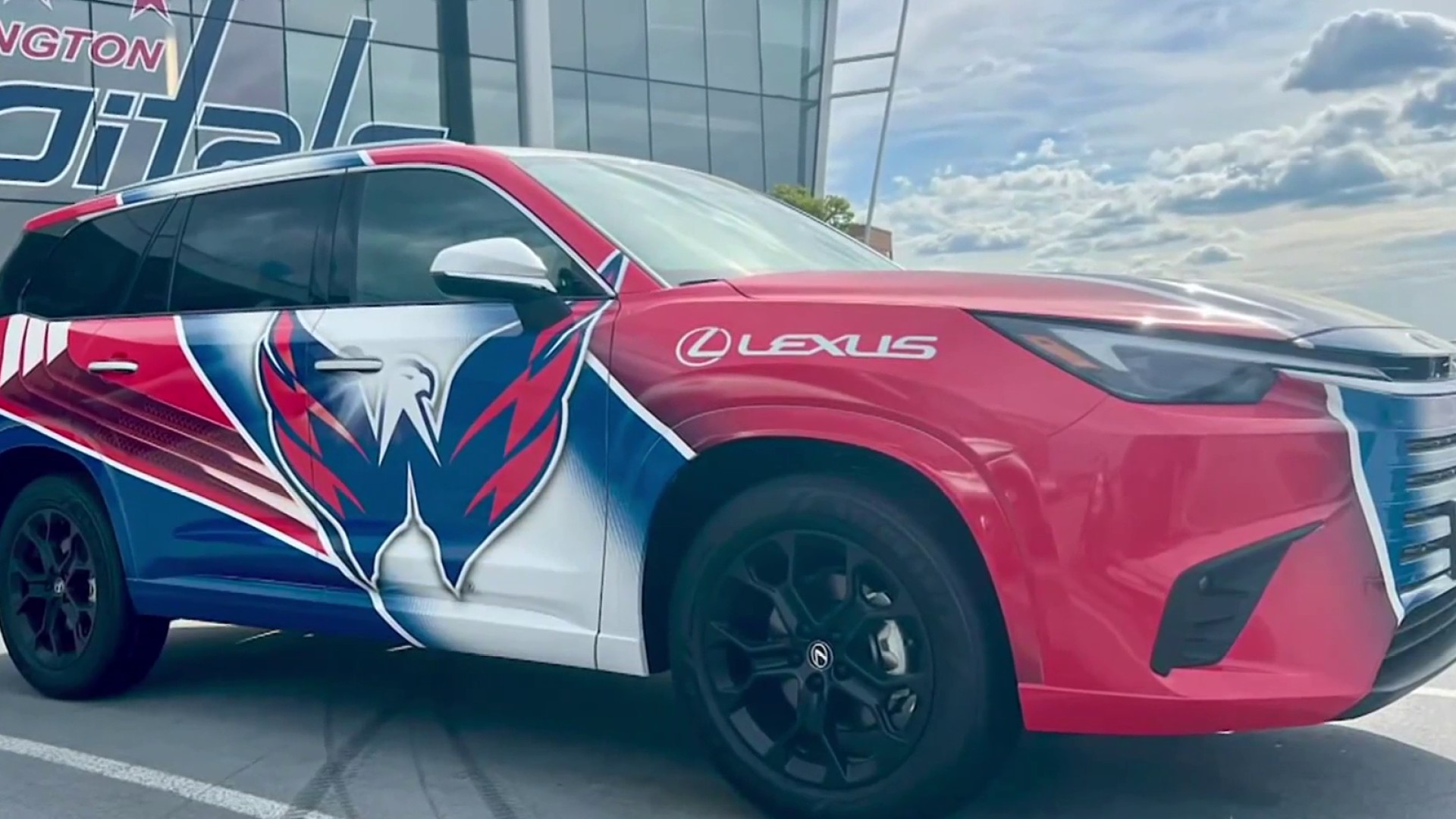That Bluetooth device you use in your car may not be as safe as you think -- a new AAA study says hands-free technology can be very distracting.
Automakers have been trying to excite new-car buyers, especially younger ones, with dashboard infotainment systems that let drivers use voice commands do things like turning on windshield wipers, posting Facebook messages or ordering pizza. The pitch has been that hands-free devices are safer because they enable drivers to keep their hands on the wheel and their eyes on the road.
"It's not just about having your eyes on the road and your hands on the wheel, but you have to be engaged in the driving task," Chair of the National Transportation Safety Board Debbie Hersman said.
The NTSB recommended a complete ban on the use of all personal electronic devices behind the wheel.
But talking on a hands-free phone isn't significantly safer for drivers than talking on a hand-held phone, and using hands-free devices that translate speech into text is the most distracting of all, researchers found. Speech-to-text systems that enable drivers to send, scroll through, or delete email and text messages required greater concentration by drivers than other potentially distracting activities examined in the study like talking on the phone, talking to a passenger, listening to a book on tape or listening to the radio.
Researchers say that as a driver's mental workload increases, their reaction time slows and they scan the road less, making it more likely they'll be involved in an accident.
"It's clear that electronic devices are distracting," Russ Rader with the Institute for Highway Safety said. "But what we red to understand better is how drivers are integrating those things into the driving task, into the real world, and those are some things we just don't know."
Local
Washington, D.C., Maryland and Virginia local news, events and information
The study, done in conjunction with the University of Utah, is the first to examine the use of hands-free devices.
“This landmark study is eye-opening and sobering. It proves that hands-free is not a safety ‘silver bullet’ and that talking on a cell phone while driving is dangerous, no matter whether hand-held or hands-free,” said Lon Anderson, AAA Mid-Atlantic’s Managing Director of Public and Government Affairs.
There are about 9 million cars and trucks on the road with infotainment systems, and that will jump to about 62 million vehicles by 2018, AAA spokeswoman Yolanda Cade said, citing automotive industry research. At the same time, drivers tell the AAA they believe phones and other devices are safe to use behind the wheel if they are hands-free, she said.
"We believe there is a public safety crisis looming,'' Cade said. "We hope this study will change some widely held misconceptions by motorists.''
AAA officials who briefed automakers, safety advocates and the National Highway Traffic Safety Administration on the study's findings said they want to limit in-vehicle, voice-driven technologies to "core driving tasks.''
The Alliance of Automobile Manufacturers was skeptical. "We are extremely concerned that it could send a misleading message, since it suggests that hand-held and hands-free devices are equally risky,'' the association said in a statement.
"...these increasingly common voice-driven, in-vehicle technologies should be limited to use for just core driving tasks unless the activity results in no significant driver distraction,” said AAA President and CEO Robert L. Darbelnet.
Some localities have already banned the use of hands-free technologies while driving.
Maryland will soon join D.C. in making the use of a hands-free device a primary offense, allowing officers to pull over offenders for that violation alone. The new law goes into effect Oct. 1.
Texting while driving is already a primary offense in both Maryland and D.C. It will become a primary offense in Virginia on July 1. Currently, cell phone use is banned for bus drivers and teen drivers in Virginia.



